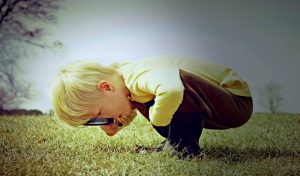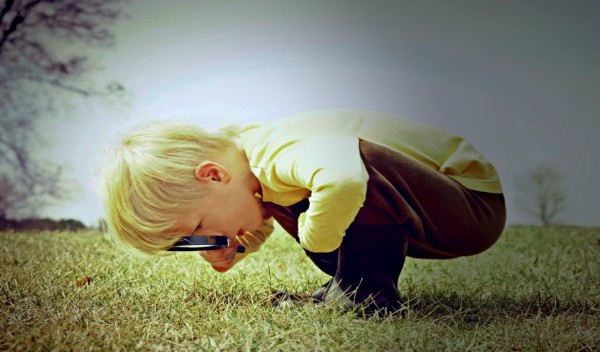 Sometimes hitlamdut, cultivating a lens of openness and curiosity, is simple and inspiring. It is reawakening a childlike wonder that brings joy and gratitude and a sense of belonging to this life.
Sometimes hitlamdut, cultivating a lens of openness and curiosity, is simple and inspiring. It is reawakening a childlike wonder that brings joy and gratitude and a sense of belonging to this life.
That is not my experience these days. These days I am keenly aware of the voice inside that says, “We’ve seen this before and we know how it is going to unfold.” This voice looks back at history, at other times and countries, noticing patterns and predicting the future. It is rooted in the fear born of the real trauma of past generations. It is also rooted in the knowing that these things do indeed happen to other people in other places; why shouldn’t they happen to us, too? Childlike wonder seems impossibly naive and perhaps even foolish.
And yet. These days are exactly the context in which to bring the wisdom of hitlamdut, that embodied, fully engaged curiosity. What happens, for example, when I start paying attention to the sensation in the body? First I notice that I am irritated and uncomfortable. My breath is short. I feel pulsing in my face. That is actually interesting! What is that exactly? Then I become aware, oh, I am afraid. Now I can explore, what is fear like? I can bring a softness to the fear so that I can move towards responding to it, not being controlled by it.
To be clear, the goal of this practice is not to create a log for myself of what the experience of fear is like in my body. The goal is to develop my ability for hitlamdut like a muscle. Because the reality is that that fearful voice that says we know what is going to happen next is not a truthful voice. We don’t in fact know. That is worth remembering and practicing, because as Rebecca Solnit recently wrote, “Hope locates itself in the premises that we don’t know what will happen and that in the spaciousness of uncertainty is room to act.”
There is a great deal we cannot control in our world, and yet, we can still act. We can develop our capacity to see things with openness and curiosity, for hitlamdut. We can bring compassion to our own experience and connect with others’ experiences as well. We can discern what communal and political arenas we can step into and what steps we can take. Because this moment has never existed before and there is so much to do.


